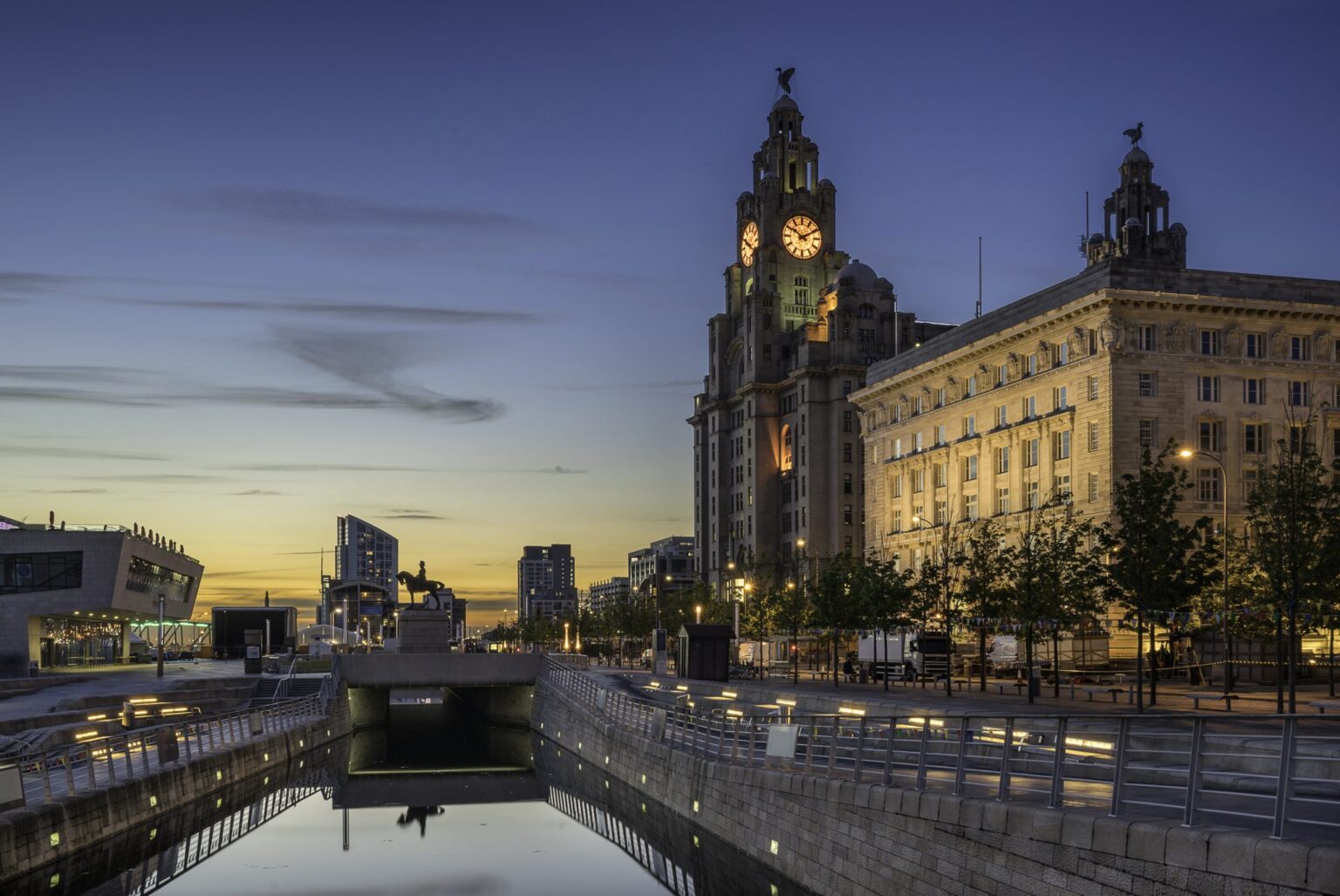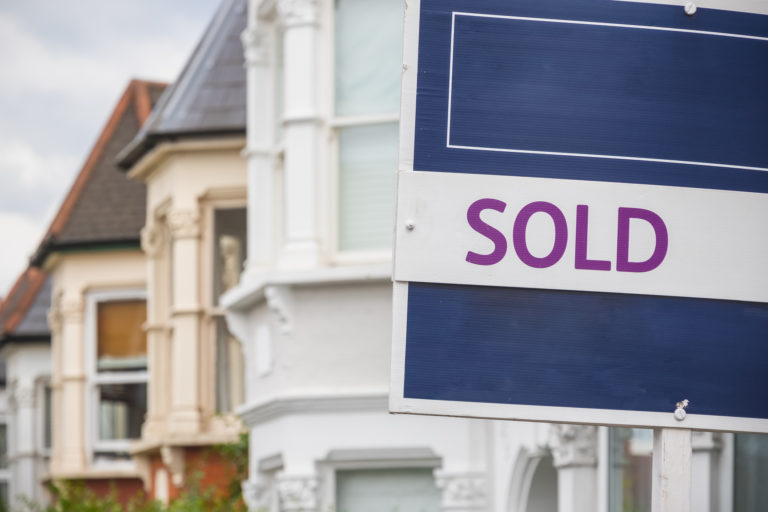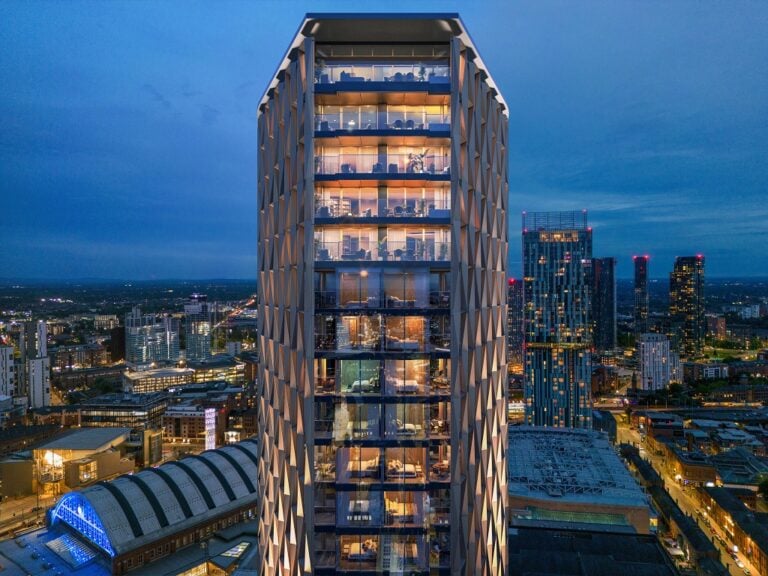HomeTrack recently released the UK Cities House Price Index fo. Despite the uncertainty of Brexit’s impact on house prices, the data has indicated there is still room for further price growth in Northern cities. In the UK’s key cities, property prices went up by 3.9% year-on-year.
The Hometrack report states: “There has been an increase in the quarterly and annual rate of growth in recent months. This is primarily a result of an acceleration in house price growth in the most affordable cities.”
Liverpool is UK’s fastest growing city
Despite being the most affordable city on the index, Liverpool produced the highest annual price growth at 7.5%, making it the fastest growing city in the UK. With an average property price of £120,100, this is still lower than the city’s average price in 2007, so there may well be room for further improvement.
Liverpool’s housing market is expected to continue to excel and has even been named the buy-to-let capital of the UK. Additionally, an online register was recently launched in Liverpool to simplify the conveyancing process, making it an appealing city for house-hunters.
Other UK cities seeing growth
Glasgow and Nottingham had the second and third biggest annual rise in property prices at 7.2% and 6.9% respectively. Manchester was the fourth fastest growing city with a 6.8% price growth, and the average property price rang up at £168,300. As the sixth city on HomeTrack’s list, Birmingham saw a 6.6% growth on the year and the average cost of property came in at £163,100. Another northern property gem was featured as the eighth fastest growing city in the UK; Leeds had a 5.4% annual growth and average property price of £166,100.
Cambridge, London, and Aberdeen were the only cities on the list seeing housing prices fall from August 2017 to August 2018. The capital and Cambridge also had the most expensive average property prices at £485,300 and £431,600. HomeTrack’s report says: “The slowdown in sales volumes and house price inflation has been focused on south eastern England, and primarily London. In our view, the Referendum result was a compounding factor for the slowdown in London house price growth since 2015.” Many investors and buyers are seeing the benefits in steering away from London and buying or investing in properties in more affordable cities, especially in the north.
Still room for price growth
While the income to buy has risen across all but the most expensive cities, it remains at or around the national average income across half of the cities. In our view, these have further scope for price growth and are some of the cities where prices are currently rising fastest.
Source: Hometrack









